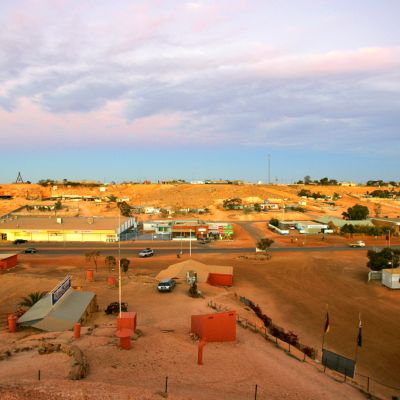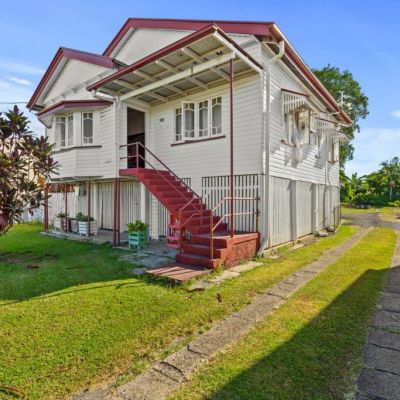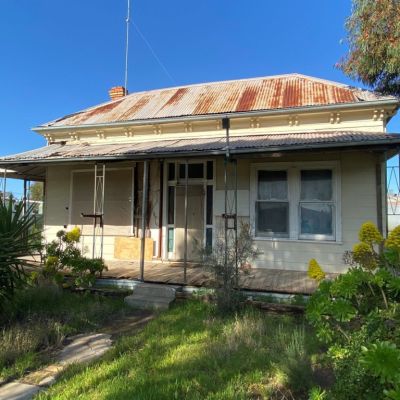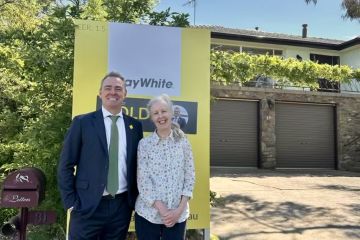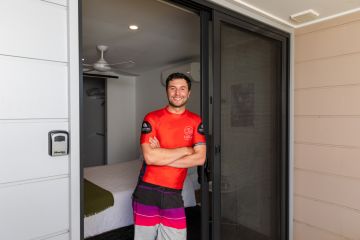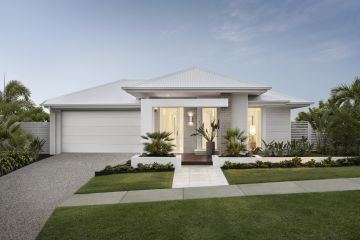RIP underquoting: In 2022, houses are actually selling for what they're asking – or less
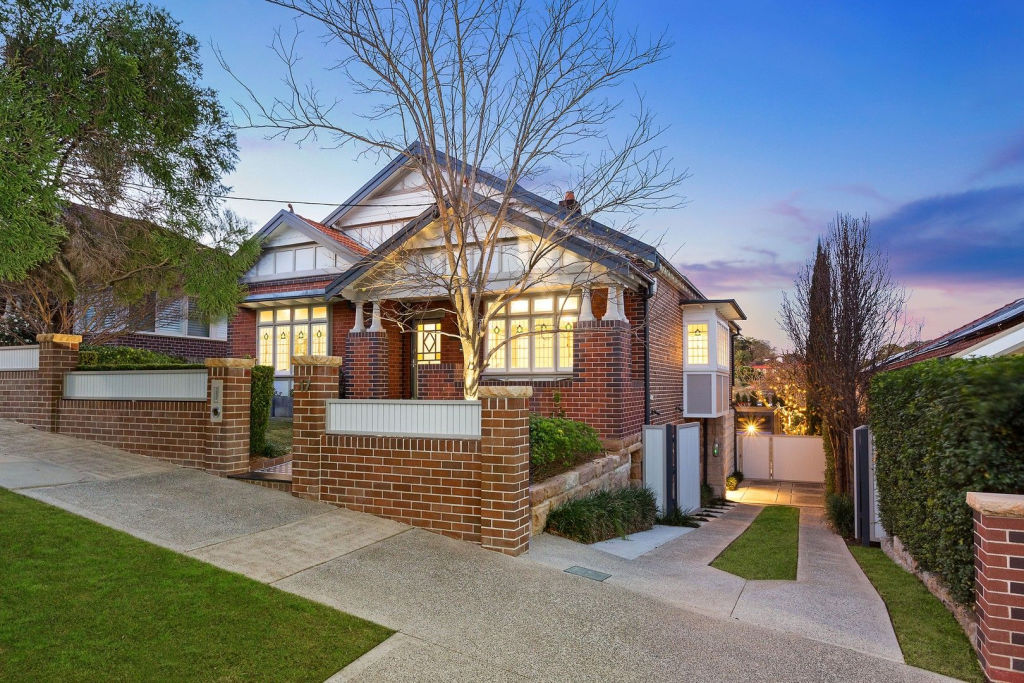
Loud amid the chaos of last year’s property boom were the headlines that reported, week after week, properties selling for hundreds of thousands of dollars – sometimes millions – over the reserve or asking price.
For the sellers of these properties, it was like winning the lottery. For buyers, however, it was an incredibly frustrating and confusing experience.
Advertised price guides appeared redundant because they were routinely outstripped by actual sale prices.
Disappointed buyers found themselves having to go back to their broker or lender to borrow more money and it became the norm for buyers to automatically add at least 20 per cent to a quoted price just to make sure they were in the running for a home.
But that’s changed as the property market has shifted. Mark Ribarsky of Wise Real Estate is a buyer’s agent working across Victoria and says underquoting has all but disappeared since the property market changed. It’s come as a relief to buyers, he says.
“Typically what you would see earlier last year was a property advertised and heavily underquoted. Everyone just knew that if they were any chance of buying, they needed to put another $100,000 to $200,000 on top of that,” he says.
“That’s not happening any more. We looked at a property recently at Vermont where an agent had the quoted price at $1 million to $1.1 million before the auction, even though comparable sales were more like $1.1 million to $1.2 million. We attended two opens and there was a huge volume of people there … it was looking like your classic case of underquoting,” he says.
“In the end, it went for $1.1 million – within the quoted range. A year ago that would’ve been unheard of. But that’s happened a few times in the last month.”
Buyer’s agent and principal Michelle May says price guides have “certainly” become more accurate since the property market cooled off.
She says it’s often now going the other way.
“We were astounded with what properties were guiding last year. Now the agents are calling me saying ‘what do you think it’s worth?'” she laughs.
“So I’d say yes, price guides are certainly more accurate. We’re actually also getting quite a lot of emails on price adjustments where they’re going down. That’s obviously very different to what was happening last year.”
Data from Domain shows it’s not just auction price guides that are being revised. Discounting on private treaty sales has increased.
| Average discount on asking price |
Discount based on median house price
|
|
| Sydney | 6.70% | $103,985 |
| Melbourne | 5.80% | $62,313 |
| Brisbane | 6.10% | $51,276 |
| ACT | 6.20% | $71,581 |
| Perth | 5.30% | $34,553 |
| Adelaide | 6.60% | $52,352 |
| Darwin | 5.60% | $35,395 |
| Hobart | 6.50% | $49,790 |
Sydney, Melbourne, Canberra, Hobart, Adelaide, Brisbane and Perth have all seen a rising trend of discounting on the original asking price of houses in recent months.
House price discounting is at its highest rate in almost three years in Sydney, and in Melbourne, since the city’s second COVID lockdown.
The average discount in Melbourne, now at 5.8 per cent, equates to a $62,313 price cut to Melbourne’s median house price of $1,074,369, while the average discount in Sydney is now 6.7 per cent, or $103,985 off the median of $1,552,015.
Discounting on private treaty sales in Brisbane peaked in May but has come back slightly since then.
The average discount, or difference in original asking price and sale price, was 6.1 per cent in July, which, based on Brisbane’s median house price of $840,594, equates to $51,276.
Discounting in the ACT has risen from 5 per cent in May to 6.2 per cent in June and July. Based on Canberra’s median house price of $1,154,535, that’s a discount of $71,581.
Hobart’s is actually bucking the national trend – discounting in the Apple Isle capital peaked in August last year, when home owners were slashing the price of a house by 8.6 per cent. The average discount off the asking price is now sitting at 6.5 per cent, which equates to $49,790.
Ribarsky says there are still plenty of buyers but many are sitting on their hands, holding off on purchasing and trying to pick the bottom of the market.
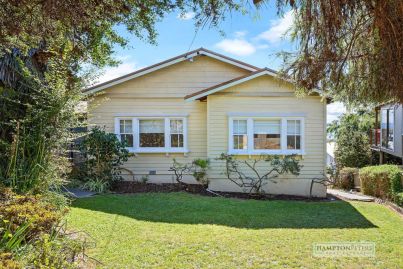

“For some reason people want to buy when everyone else is, which is crazy,” he says. “They’re more concerned when prices are falling and they shouldn’t be.”
He says some vendors have become jittery and he’s picking up homes for hundreds of thousands of dollars less than he would have six months ago.
“A lot of properties are passing in these days. I walk in, negotiate, and I’m purchasing at a considerable discount,” he says.
“There is fear in a changing market and people are holding back but the ones who are brave right now are going to get a fantastic deal.”
May says while buyers no longer have to automatically add 20 per cent to an asking price, the issue now is getting any kind of price range at all, particularly for properties going to auction.
“The biggest hindrance for buyers at the moment is the lack of guides at all,” she says. “You’re very often inquiring and they’re saying ‘we’re not guiding until after a week on the market’.
“Prices and auction results are being withheld, or selling prior, or afterwards – and none are being published. That’s making it extremely hard for buyers. So the first week of going for inspections, you’re flying blind. If you don’t have an understanding of what you can afford, you can be wasting your time on a property you could never afford in the first place.”
By law, NSW and Victoria agents must include an estimated selling price in their agency agreement with the sellers and provide evidence for that figure based on comparable sales in the local area.
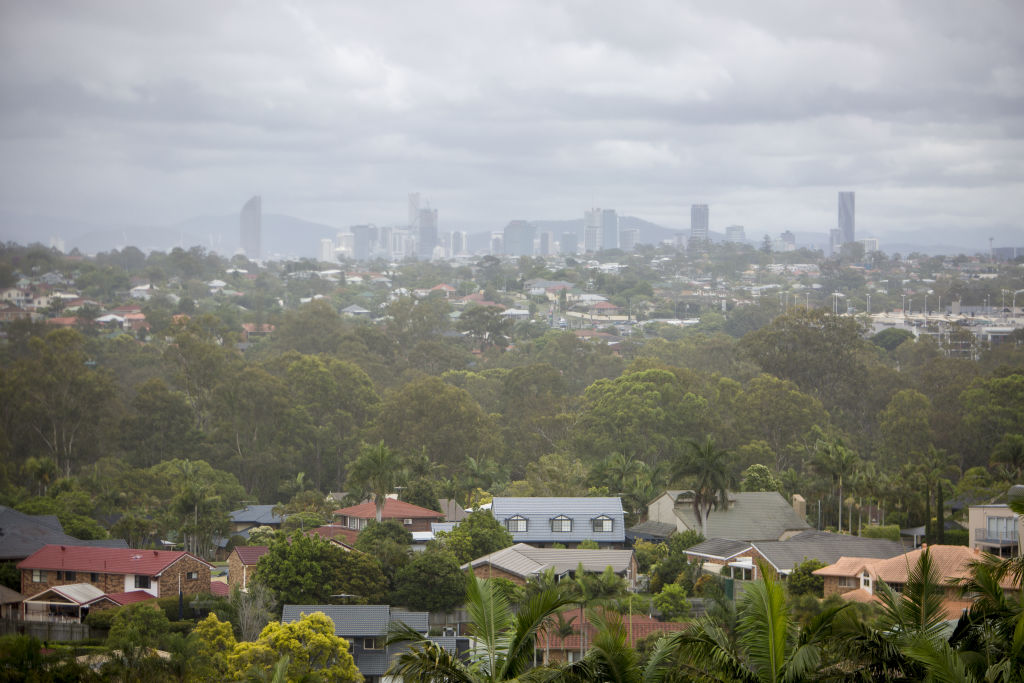
It can be a single price or a price within a 10 per cent range. That number can be revised throughout an auction campaign if buyers come through open homes and indicate to an agent that they are willing to pay more.
During the height of the property boom, house prices were rising at breakneck speed, which made it hard to accurately set a price guide. Sydney’s median, for example, was rising by $1200 a day during the second quarter of 2021, while Melbourne’s rose $660 a day over the December quarter.
Brisbane’s median house price was still rising by $553 a day over the first three months of 2022.
With prices rising faster than buyers – and agents – could keep up with, complaints of underquoting rose.
Earlier this year, the Victorian government announced it would review laws on property underquoting and real estate agent conduct.
NSW Fair Trading established a dedicated underquoting team in May 2021 to address rising concerns in the property community.
Since then, 67 penalties have been issued for underquoting totalling $147,450, and 50 penalties were issued for supervision offences totalling $69,850, according to figures provided by NSW Fair Trading.
As the property market has slowed, the number of complaints in relation to underquoting has fallen substantially.
“In the 2020-21 financial year, Fair Trading received 200 complaints in relation to underquoting, while 133 complaints were received in the 2021-22 financial year,” a Fair Trading spokesperson said.
| Month | 2020-21 FY | 2021-22 FY |
| July | 10 | 21 |
| August | 7 | 22 |
| September | 11 | 11 |
| October | 15 | 11 |
| November | 6 | 8 |
| December | 3 | 10 |
| January | 6 | 5 |
| February | 14 | 11 |
| March | 35 | 14 |
| April | 31 | 7 |
| May | 34 | 5 |
| June | 28 | 8 |
May says while the incidence of underquoting decreased naturally as the market contracted, it had not been eradicated entirely.
“The agents who have a habit of underquoting are still underquoting. They’re now underquoting like they used to prior to the craziness of the COVID increases.
“The leopards haven’t changed their spots, it’s just that the outcomes are different because the heat isn’t there. Last week we went for a property that sold for $8 million and had eight registered bidders. The A-grade properties will always have strong demand – and that’s not underquoting, that’s just demand working.”
Overall though, now is a great time for buyers to get into the market or upgrade, she says.
“There’s less competition on the ground than there’s been in the last five years. If you’re good to go, go for it. As long as you’ve found the perfect property and you can afford it – not just now but in five years’ time – you should buy it. You have to have perspective.
“That initial shock for a lot of buyers that interest rates were increasing, people are already getting accustomed to it,” she says.
“People need to understand that this is a long-term purchase and rates will come up and down.”
We thought you might like
States
Capital Cities
Capital Cities - Rentals
Popular Areas
Allhomes
More
